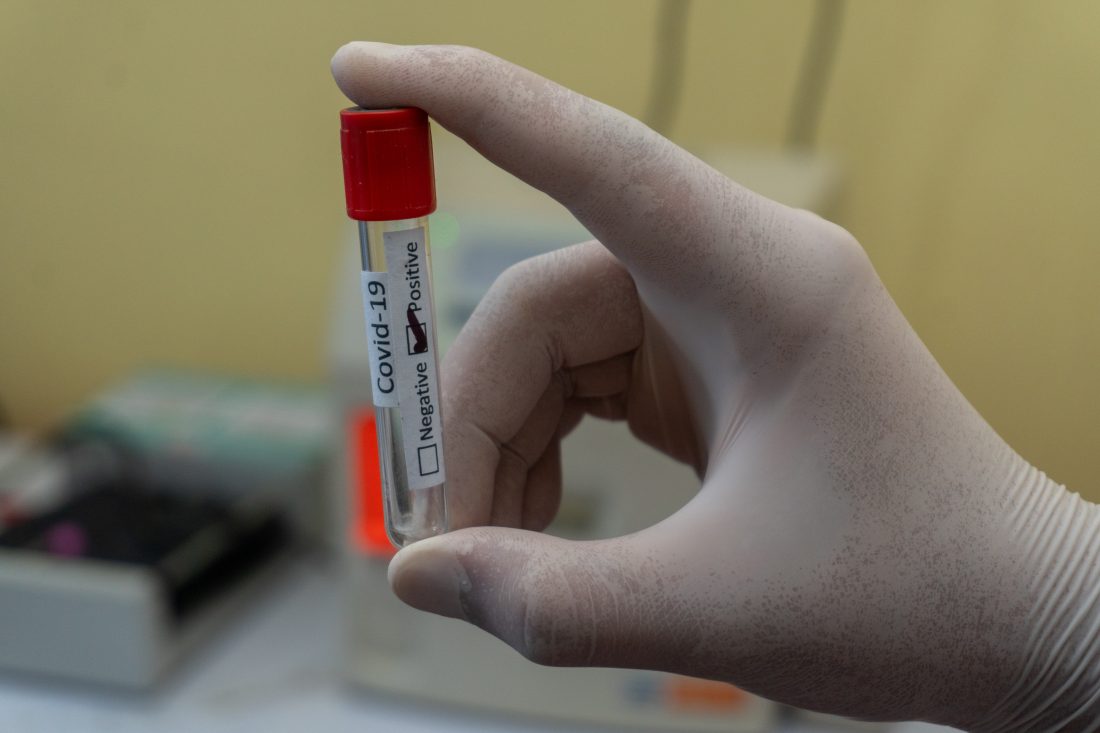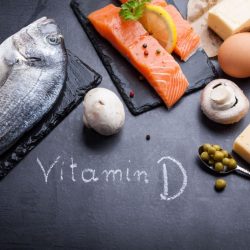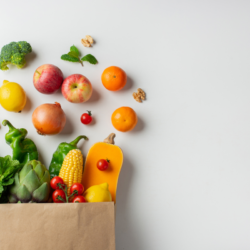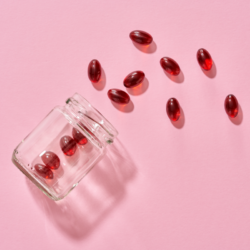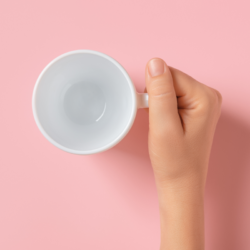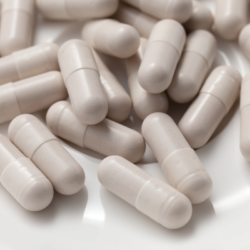The Covid-19 pandemic, an unprecedented challenge of the 21st century, has turned our lives upside down in unimaginable ways. Against this backdrop, keeping a weekly diary has become a crucial tool for understanding how the situation is evolving, monitoring progress and adapting our responses. This diary provides a detailed overview of the current state of the pandemic, including scientific progress, economic and social impact, and political and individual responses.
What is the current situation regarding COVID-19?
The COVID-19 situation in France shows a downward trend in the epidemic monitoring indicators, despite active circulation of the virus in January 2024. Variant JN.1, a sublineage of the Omicron variant, is currently the dominant variant in France, accounting for 79% of interpretable sequences at the end of January 2024.
What measures are in force concerning COVID-19?
With regard to the measures in force, it is recommended (but not obligatory) to isolate oneself in the event of a positive test for COVID-19 and to wear a mask in public places. Masks are also recommended for people showing symptoms of COVID-19 or at risk of developing a serious form of the disease, particularly in enclosed or densely-populated areas.
Elderly people and those with risk factors are encouraged to be (re)vaccinated against COVID-19 in spring 2024. Ventilation of homes and workplaces is recommended to reduce the risk of transmission of the virus. It is always important to take precautionary measures, particularly in the event of a positive test and/or symptoms, in order to protect vulnerable people.
For vaccination, people aged 80 or over, immunocompromised patients, residents of homes for the dependent elderly and long-term care units, as well as people at very high risk, can receive an additional dose of COVID-19 vaccine from 3 months after the last injection or infection with SARS-CoV-2. The vaccines administered include Comirnaty® Omicron XBB.1.5 and Nuvaxovid® XBB.1.5.
Is containment still compulsory in France in 2024?
The current measures concerning the isolation of COVID have changed: isolation is no longer compulsory since 1 February 2023, but it is recommended if you are positive. There is no longer any official “contact case” status, and symptomatic people are still encouraged to get tested. Wearing a mask is no longer compulsory, but it is recommended for people who are positive, in the event of symptoms, in enclosed and close quarters, on public transport, and for frail people.
To sum up, although the COVID-19 situation in France is improving, with a fall in the indicators and a relaxation of certain restrictions, vigilance is still required, in particular by maintaining barrier measures and vaccinating at-risk groups.
Quantity of virus and severity of the disease :
The severity of the illness you develop following a viral infection depends on the quantity of virus – the ” viral inoculum ” – to which you are initially exposed. When the virus takes over a large number of cells, the immune system does everything it can to contain the infection. This causes a great deal of damage to the body, aggravating the symptoms seen in infected people. On the other hand, if the initial dose of the virus is low, the immune system is able to contain the virus. In this case, the person has fewer or no symptoms.
So how can we reduce the dose of exposure to COVID-19?
Most infectious disease researchers and epidemiologists believe that the coronavirus is spread mainly by droplets. And, to a lesser extent, by aerosols. Consequently, good masks are capable of blocking at least 80% of viral particles.
How do I buy a good mask?
At Soin et nature, we offer you the “barrier mask” device designed to complement the barrier gestures and rules of social distancing.
These masks are washable, reusable and 100% recyclable at the end of the cycle. Masks made by a French manufacturer of hospital linen.
Tests have shown that you get a gain in terms of filtration and breathability right from the first wash. They guarantee excellent filtration and breathability even after 100 washes.
Where can I find effective, natural hydroalcoholic gel?
We also offer Puressentiel antibacterial sanitising gel with 3 essential oils.
This hydroalcoholic gel with 3 essential oils is perfect for disinfecting hands quickly at any time of day. Thanks to its moisturising effect, this antibacterial gel, with aloe vera, does not dry out your hands. It destroys 99.9% of viruses and bacteria within the first few minutes.
Made with essential oils of lemon, lavender and tea tree, this antibacterial gel has :
- Antiviral
- Antiseptic
- Bactericide
- Virucide
Where do we stand in terms of gene therapy?
So far, Pfizer bioNtech, Jansen, Moderna, AstraZeneca and Cure vac AG have marketed injectable messenger RNA serums against Covid-19. Following multiple drug trials over many months, tocilizumab (Actemra / RoActemra) and dexamethasone have recently joined the list of drugs effective against severe forms of Covid-19.
Mono- and polyclonal antibody therapy will also be available by early 2022. Antibody-based serums, such as XAV-19 and Novavax, are designed to act directly on the virus before the patient’s body has developed its own immune response.
The very first vaccine against Covid-19 will be available at the end of February 2022, from the French laboratory Valneva, which has designed a whole inactivated vaccine grown on Vero cells.
UPDATE[2024] In light of the progress made in gene therapy, particularly in genome editing and modulation of messenger RNA splicing, significant advances are being observed in the treatment of various diseases. These techniques, which have proved effective in areas other than Covid-19, suggest a promising potential for combating this pandemic. Research into gene therapies against Covid-19, guided by these developments, could lead to more effective and targeted treatments.
Where do we stand in terms of clinical research into natural treatments for this pandemic?
A plant-based remedy effective against Covid-19 developed in Madagascar?
(Lucile Allorge and Bruno David)
To date, with zero deaths, 248 patients and 112 recoveries, the Big Island appears to have been spared the pandemic. As well as rapidly closing its borders, Madagascar is promoting a preventive and curative remedy based on medicinal plants. This “Covid-Organics” or “Tambavy CVO” remedy is available in bottles of extracts (33 cl) or in tea bags.
This remedy was developed under the direction of Dr Charles Andrianjara, Director General of IMRA (Institut Malgache de Recherche Appliquée). This internationally renowned institute, founded in 1957 by Professor Albert Rakoto-Ratsimamanga and botanist Pierre Boiteau, has developed over fifty products combining traditional pharmacopoeia with a scientific approach.
IMRA was also founded thanks to the successful local development by Pierre Boiteau and his colleagues of a medicine, Madécassol, a powerful healing agent produced from Centella asiatica. It was also IMRA that introduced the use of artemisinin and the production of annual mugwort in Madagascar in 1975 to combat malaria.
Pending confirmation of the clinical efficacy of Covid-Organics by other African experts, we should be delighted that Madagascar is graciously sharing its “medical discovery” with other African nations. This is an excellent signal in a globalised world where competition and the race for profit all too often take precedence over sharing and cooperation.
Note on mugwort annua or “Chinese mugwort”:
(Christian Busser,
Doctor of Pharmacy and Ethnology,
professor of Ethnomedicine at the University of Strasbourg)
Artemisia annua plays a special role in China in the fight against coronaviruses.
Treatments combining conventional and traditional Chinese medicine to combat SARS-CoV have already proved effective. In 2004, the WHO commissioned a study into the complementarity between conventional treatment and traditional Chinese medicine in the treatment of SARS-CoV. This study showed that, under certain conditions, conventional antiviral treatment is more effective when accompanied by a complementary herbal treatment. This synergy is all the more important for moderate to severe cases, which are the ones that are currently posing problems for health services by mobilising dedicated staff, equipment and infrastructure over an unusually long period.
This traditional Chinese medicine treatment comes in the form of decoctions of ten medicinal plants.Artemisia annua can be used in cases of moderate to severe respiratory difficulties, thanks to its formulation adapted to each type of case.
Very recent studies on SARS-CoV-2 further confirm the potential ofArtemisia annua in the fight against the epidemic.
One study attempts to numerically simulate the chemical inhibition of test molecules on the main protease of SARS-CoV-2. These results echo another study using supercomputers to screen for molecules that could potentially prevent the virus from attaching itself to ACE2 receptors located in the lungs in particular. The study concludes that the 3rd and 5th best candidates are luteolin and quercetin, both present in Artemisia annua. These recent results support the justification for usingArtemisia annua as a supplement in the fight against COVID-19.
It would be both necessary and useful to rapidly conduct a clinical study in addition to those already carried out in China, with a derogation from the pharmacopoeia, as it is listed in the Chinese pharmacopoeia but not in the French pharmacopoeia. The military health service could conduct such a clinical study, given our special links with Africa, which has considerable resources that are immediately available.
Note on ribes nigrum :
(Christian Busser
Doctor of Pharmacy and Ethnology,
professor of Ethnomedicine at the University of Strasbourg)
Blackcurrant fruit has documented antiviral activity since the 2000s, thanks in particular to the presence of anthocyanins.
In the case of respiratory symptoms linked to COVID-19 infection, blackcurrants may therefore be recommended:
To limit the inflammation associated with COVID-19, correlated with a storm of cytokines, and for its antiviral effect. Ribes nigrum is widely used in phytotherapy and gemmotherapy for a number of anti-inflammatory indications.
Anakinra, a promising treatment for severe cases of Covid-19
(Tristan Vey)
After so many fragile results with molecules repositioned without much success against Covid-19, could anakinra change the game?
Administered between March 24 and April 6 at the Hôpital Saint-Joseph (Paris) to around fifty patients suffering from a severe form of Covid-19, this immunomodulating treatment (marketed under the name Kineret by the Swedish laboratory Sobi – Swedish Orphan Biovitrum) has produced interesting preliminary results.
As a result, three quarters of the people who received daily subcutaneous injections for 10 days avoided death or a stay in intensive care, compared with one quarter of a control group of 44 patients treated earlier in the same hospital. These figures were published in The Lancet Rheumatology, a journal that had earlier, at the beginning of May, published a small Italian study of 29 patients that more or less followed the same line. Two other very short series of a few patients also recently suggested that this approach should be followed. “Out of nine patients treated with anakinra in our study (results published in Annals of the Rheumatic Diseases, editor’s note), only one went into intensive care, which was encouraging”, says Professor Achille Aouba, head of the internal medicine department at Caen University Hospital.
“In the absence of access to therapeutic trials including immunomodulatory drugs for our patients, the decision (…) to offer anakinra, based on a priori and consensual severity criteria, rapidly changed the face of the disease on the ward,” explained Professor Jean-Jacques Mourad, co-author of the study published in Lancet Rheumatology and head of the internal medicine department at Saint-Joseph Hospital, to AFP. “The benefit was ‘palpable’ on a daily basis”, he added.
How does this compound work?
Serious forms of Covid-19 are apparently caused by a surge in the immune system known as a cytokine storm. Anakinra is a recombinant protein that prevents the proper functioning of certain interleukins (IL-1s) by blocking their receptors, thereby interrupting the storm in progress. “This molecule was first used in the early 2000s to treat rheumatoid arthritis”, explains Gilles Hayem, rheumatologist and lead author of the French study that has just been published. “It has a good safety profile, which has led us to use it against gout, which is not a fatal disease
So let’s remain cautious and vigilant!

